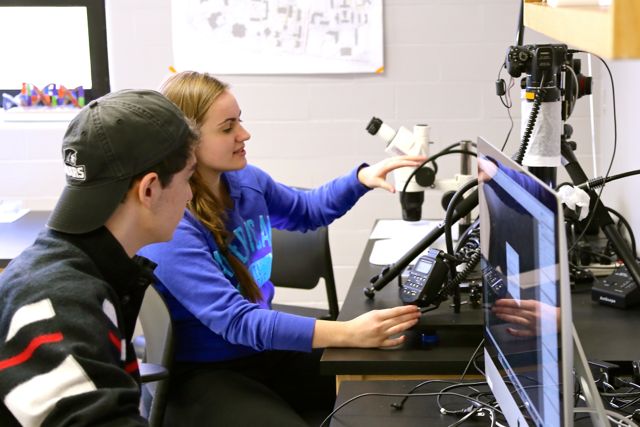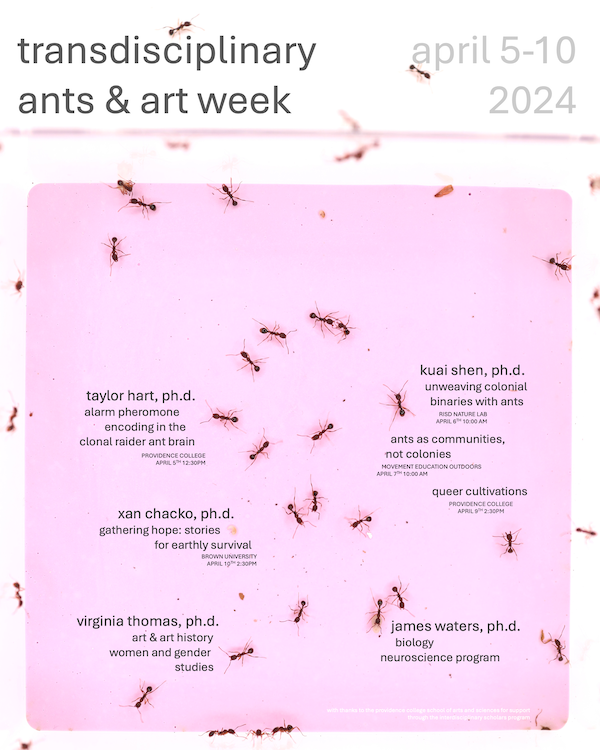
Transdisciplinary Ants + Art Week 2024
Join us for a week of exciting and transdisciplinary events about ant behaviors and neuroscience, and how art can offer a medium to connect with the queer ecologies of ant and human communities, decolonize myrmecology, and promote a vision for practice, study, and creation free of binary worldviews.
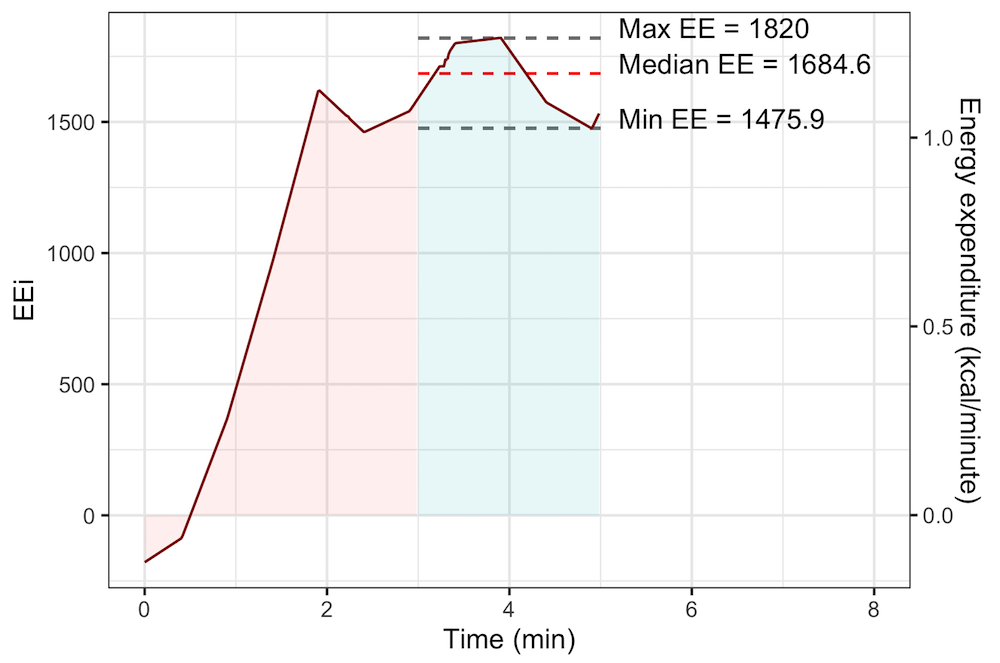
Measuring metabolic rates in exercise physiology
Biology and Secondary Education major Mirielle Kingsley just awarded grant to study metabolic rates!
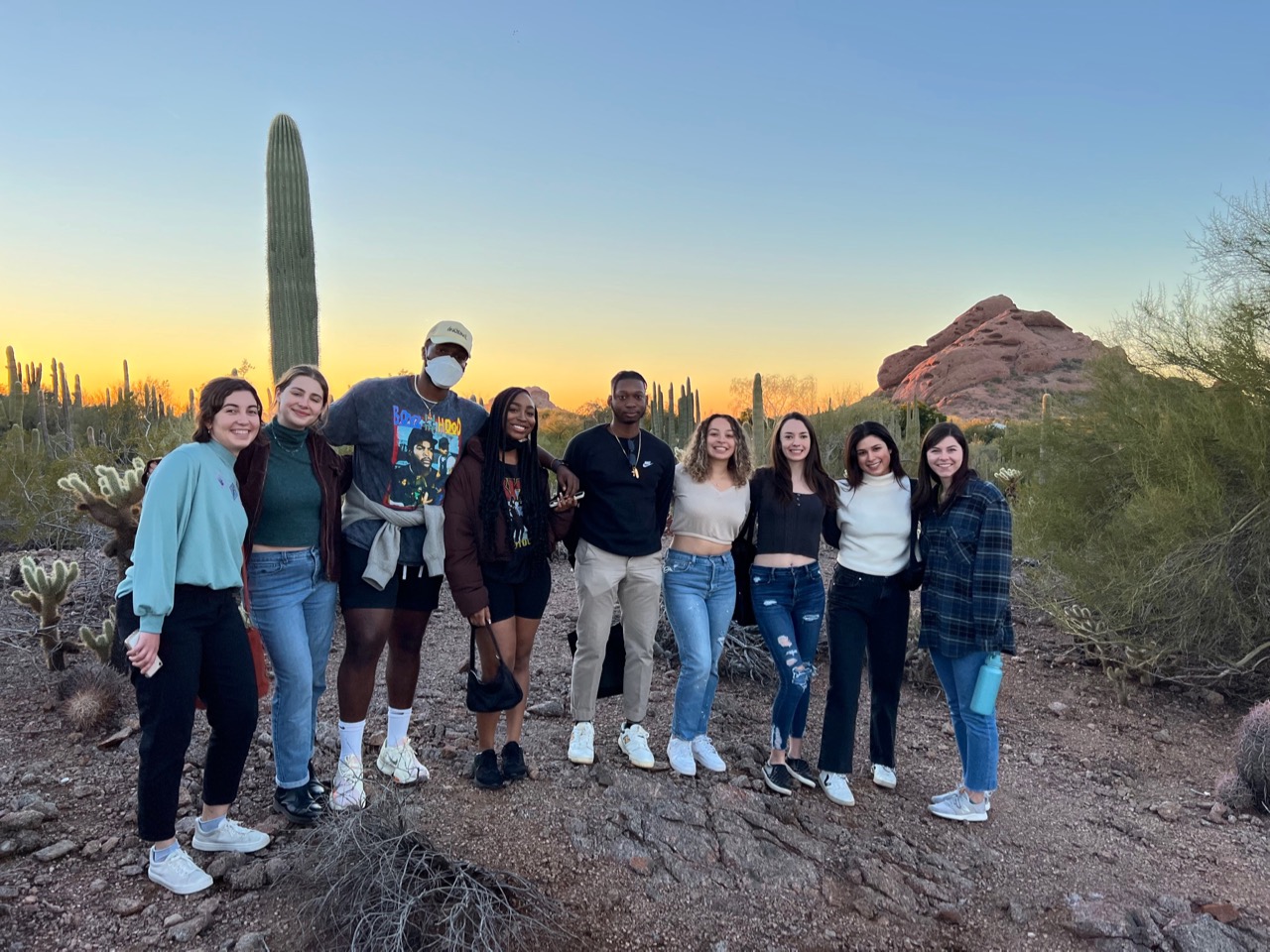
The new research team, 2021-2022
Ants, flies, summer research, SICB conference, and new respirometry setups!

Laboratory Standard Operating Procedures
In this lab, we believe that science is real, love is love, Black Lives Matter, feminism is for everyone, trans rights are human rights, ants and flies are cool, and everyone is welcome here.
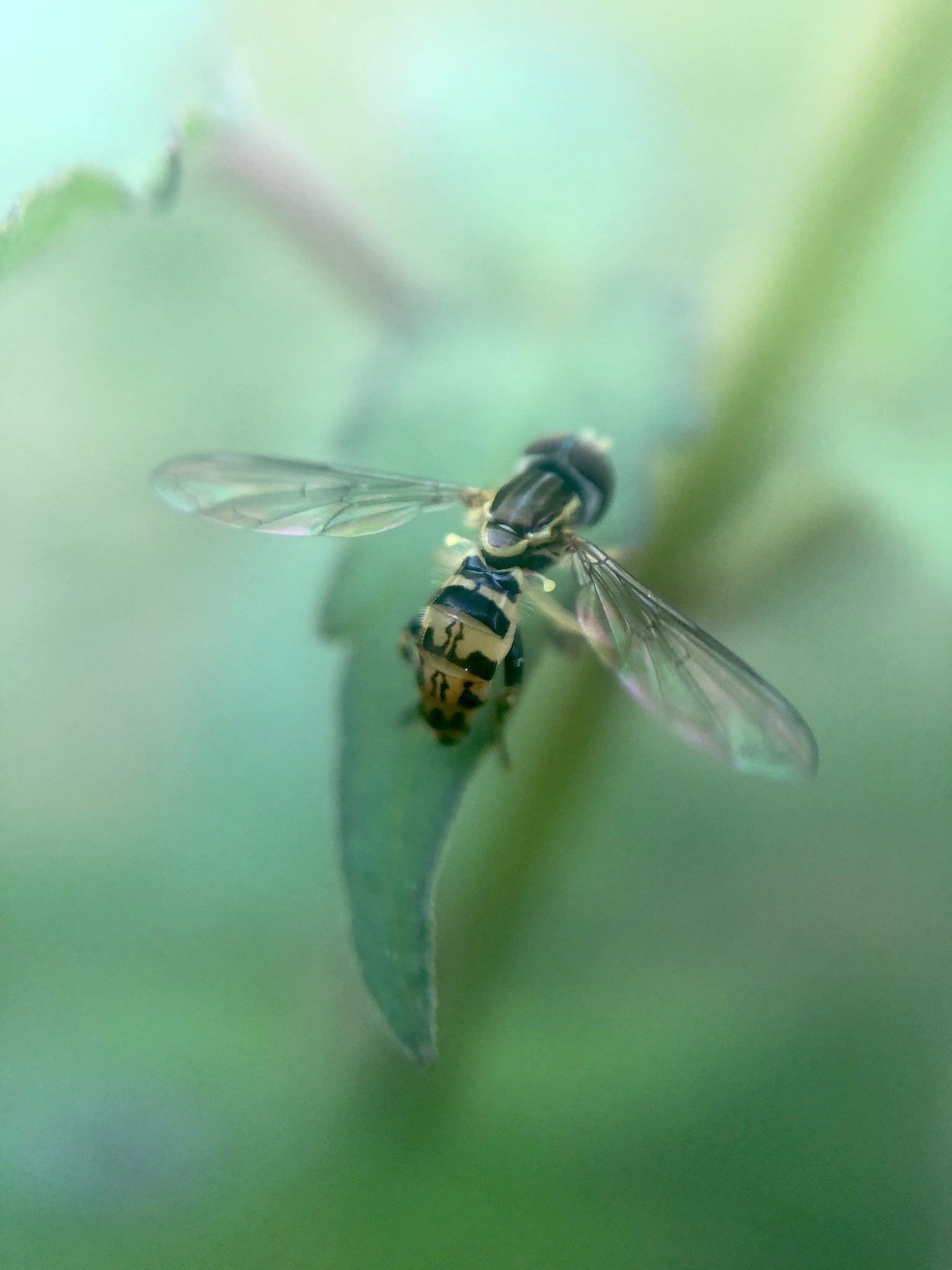
iPhone macrophotography
Simple macro lenses can help mobile phone cameras capture insects in stunning detail.
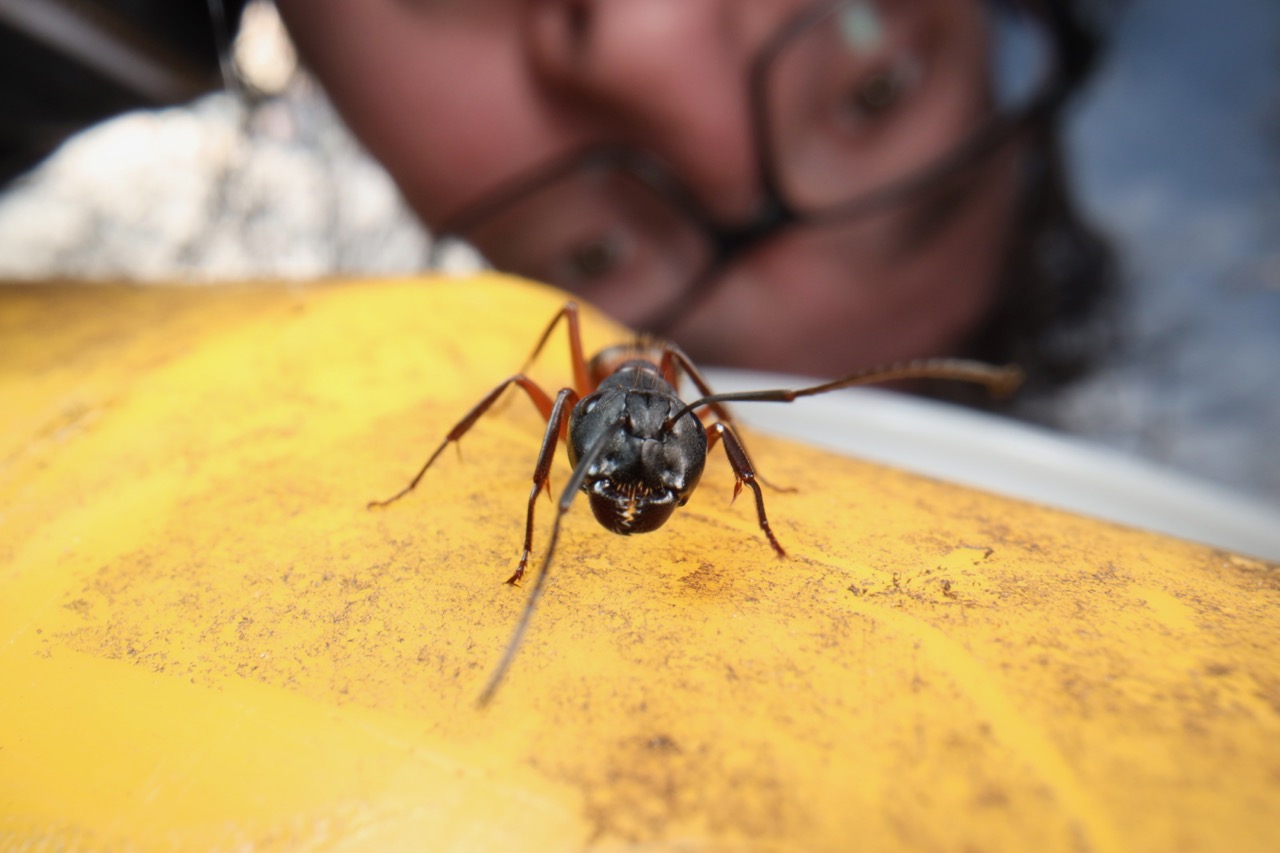
Never Home Alone
Even in quarantine, the smaller majority is all around to keep us company.
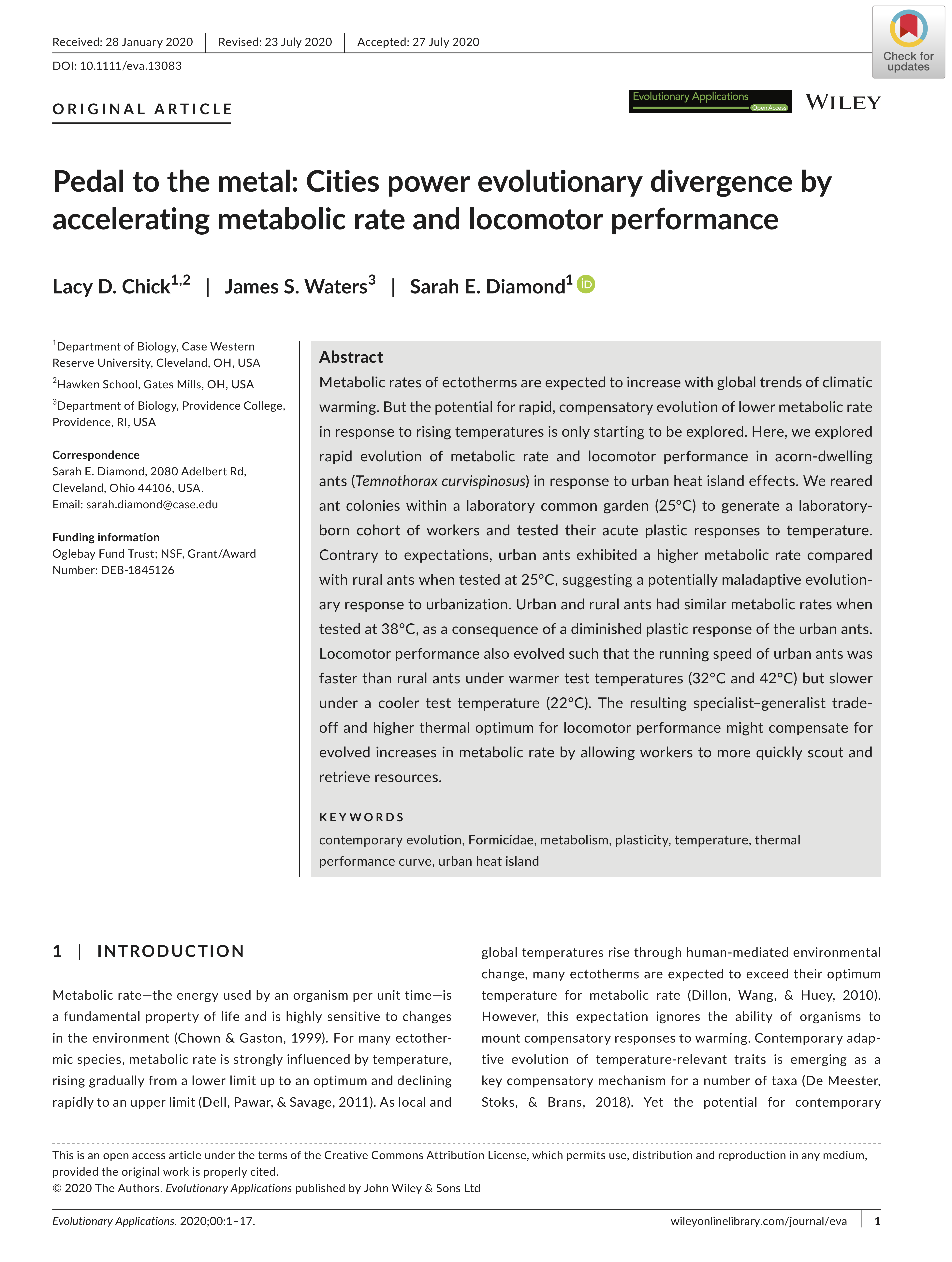
Evolutionary Applications: Pedal to the metal (2020)
Cities power evolutionary divergence by accelerating metabolic rate and locomotor performance.
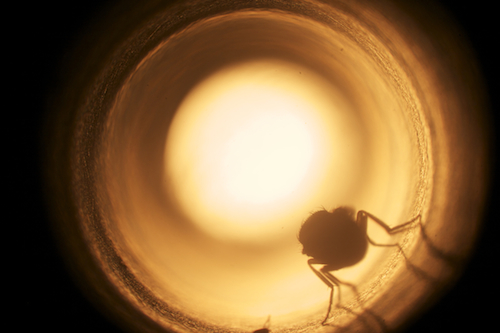
NSF Grant to support new Drosophila epigenetics-to-metabolism research
With funding from the NSF EPSCOR program and in collaboration with colleagues across the country, we’re embarking on a 4-year mission to investigate epigenetic mechanisms of thermal adaptation in Drosophila
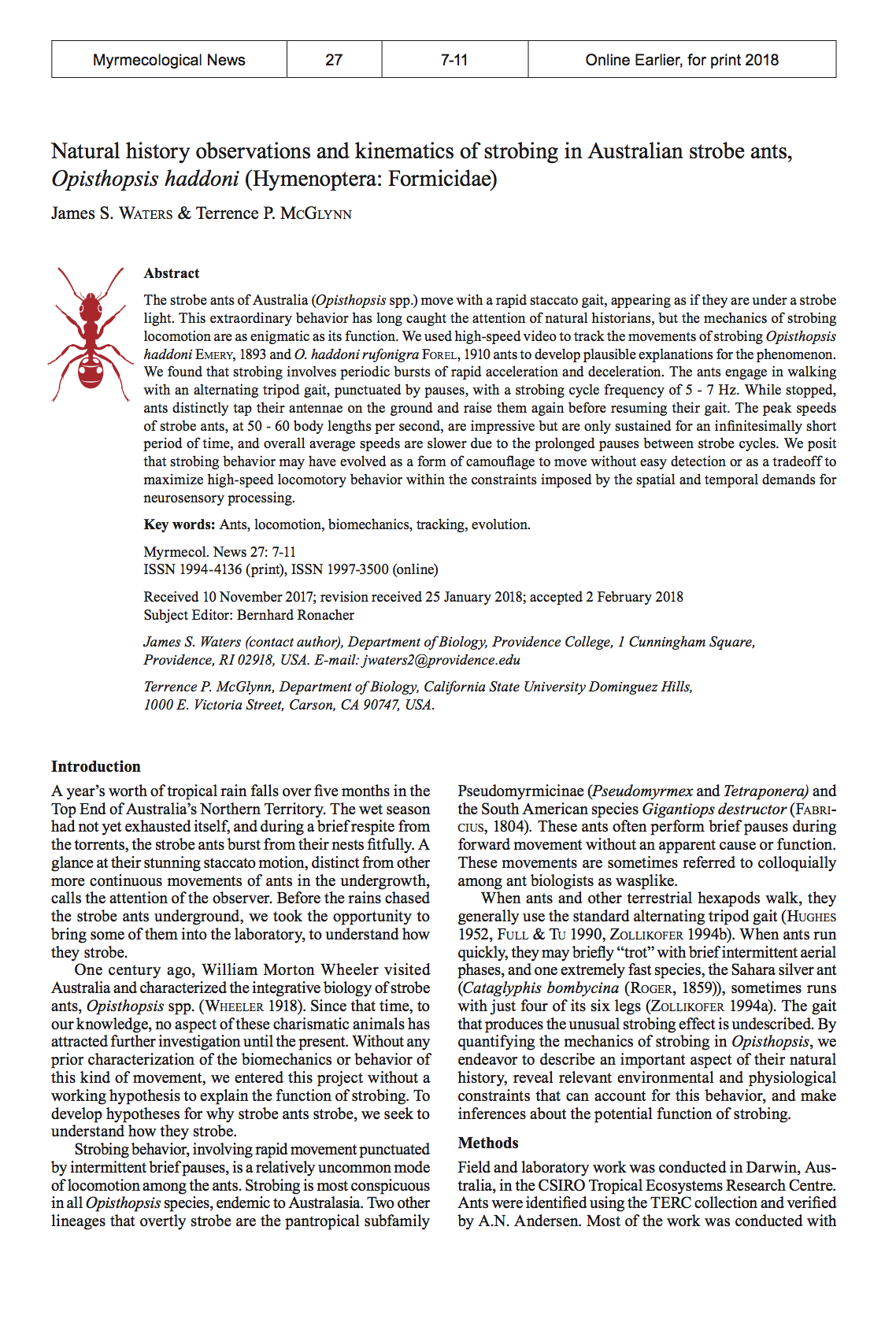
Strobing in Opisthopsis
Exploring the natural history and biomechanics of a fast moving australian ant

Acorn ant nest x-ray microtomography
We used x-ray imaging and 3D visibility graph analysis to study the internal structure of acorn ant nests.

Posters from the lab
Gallery of our posters and #scicomm tips.

Rhode Island Bioblitz 2018
Point Judith, South Kingston, RI

Stratham Bioblitz 2018
How many species can you find?
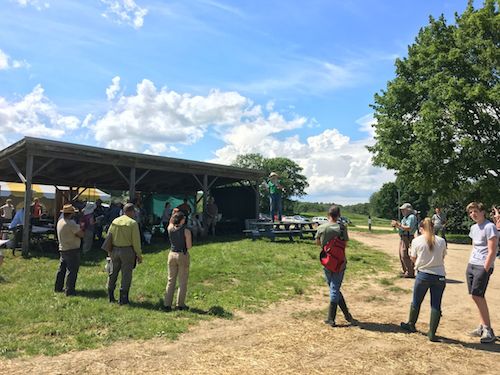
Rhode Island Bioblitz 2017
Snake Den State Park
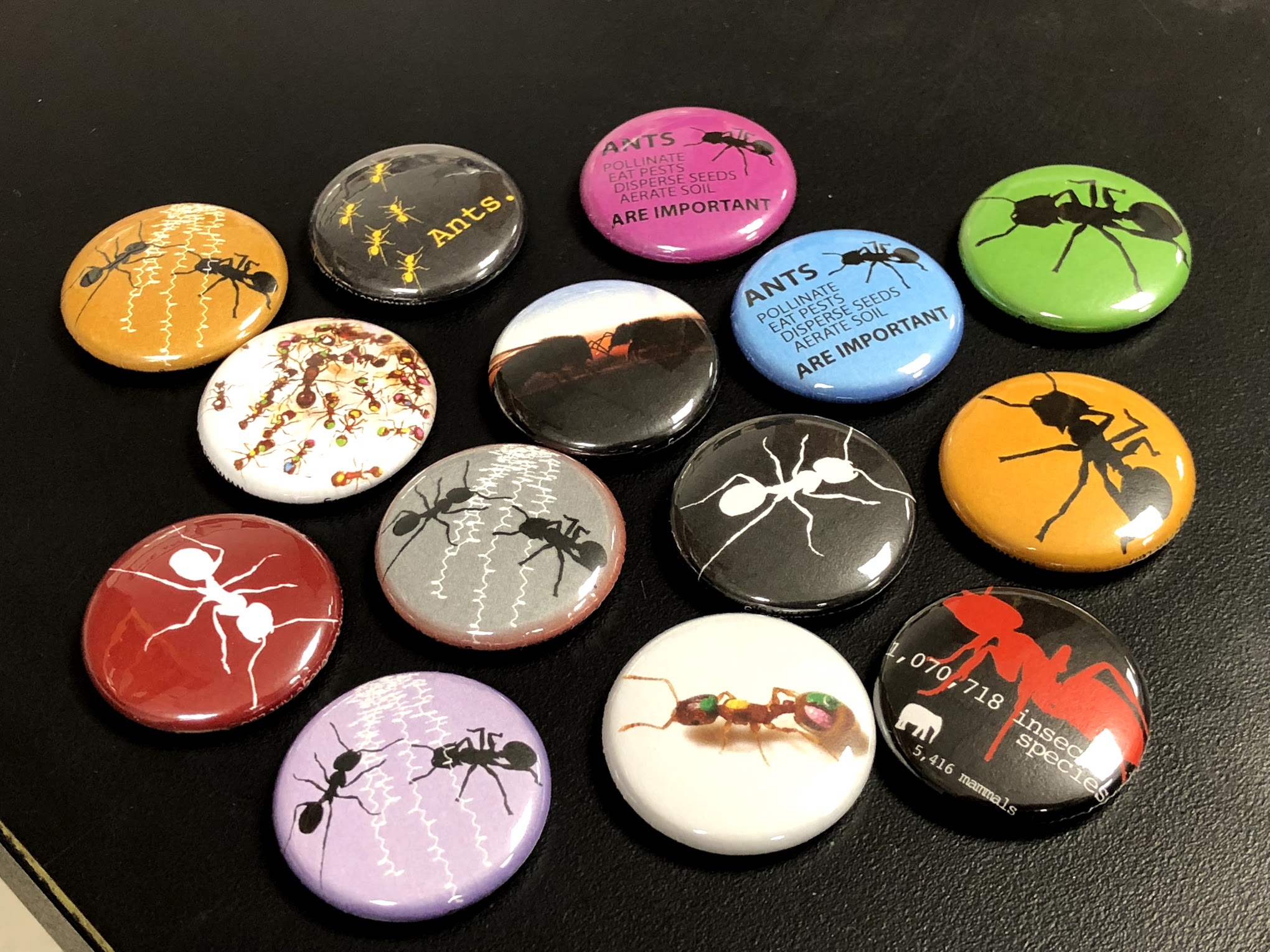
One-inch Ant Buttons
Just finished making our second series of one-inch buttons.
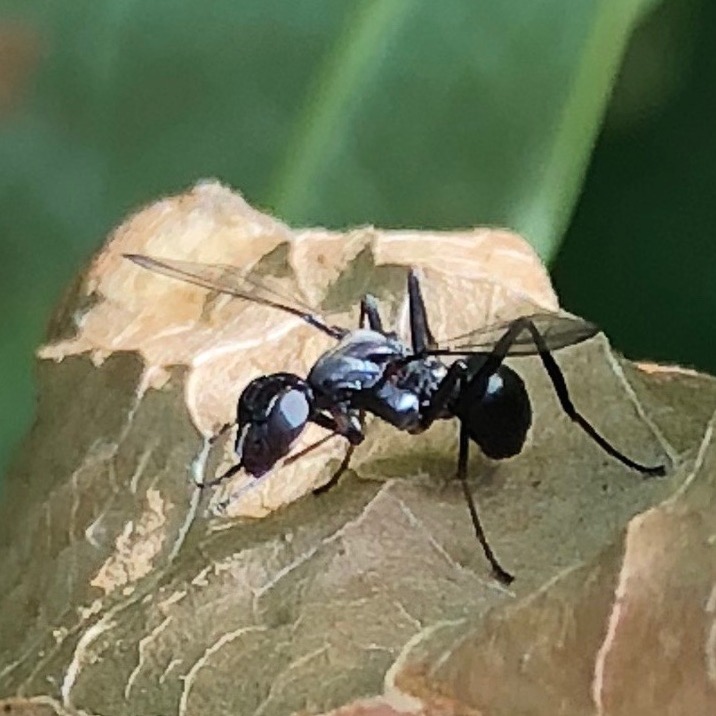
Ant, Wasp, or Fly?
Myrmecothea myrmecoides, a picture-winged fly, photographed in Providence, RI.
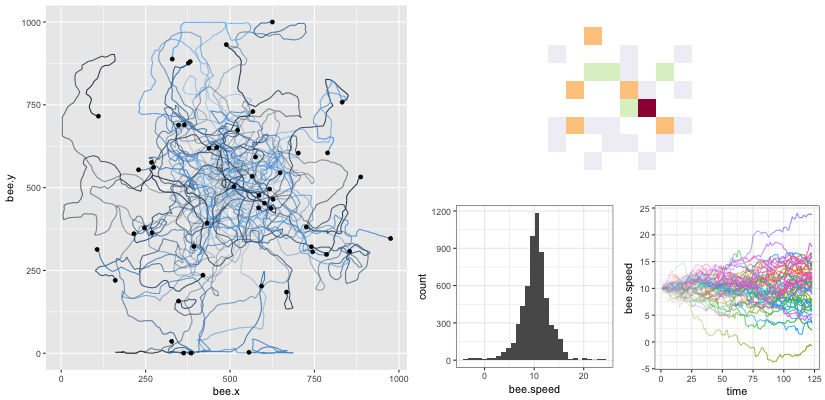
Swarm Simulation
R code for a dynamic swarm simulation and exporting frames to make an animation.
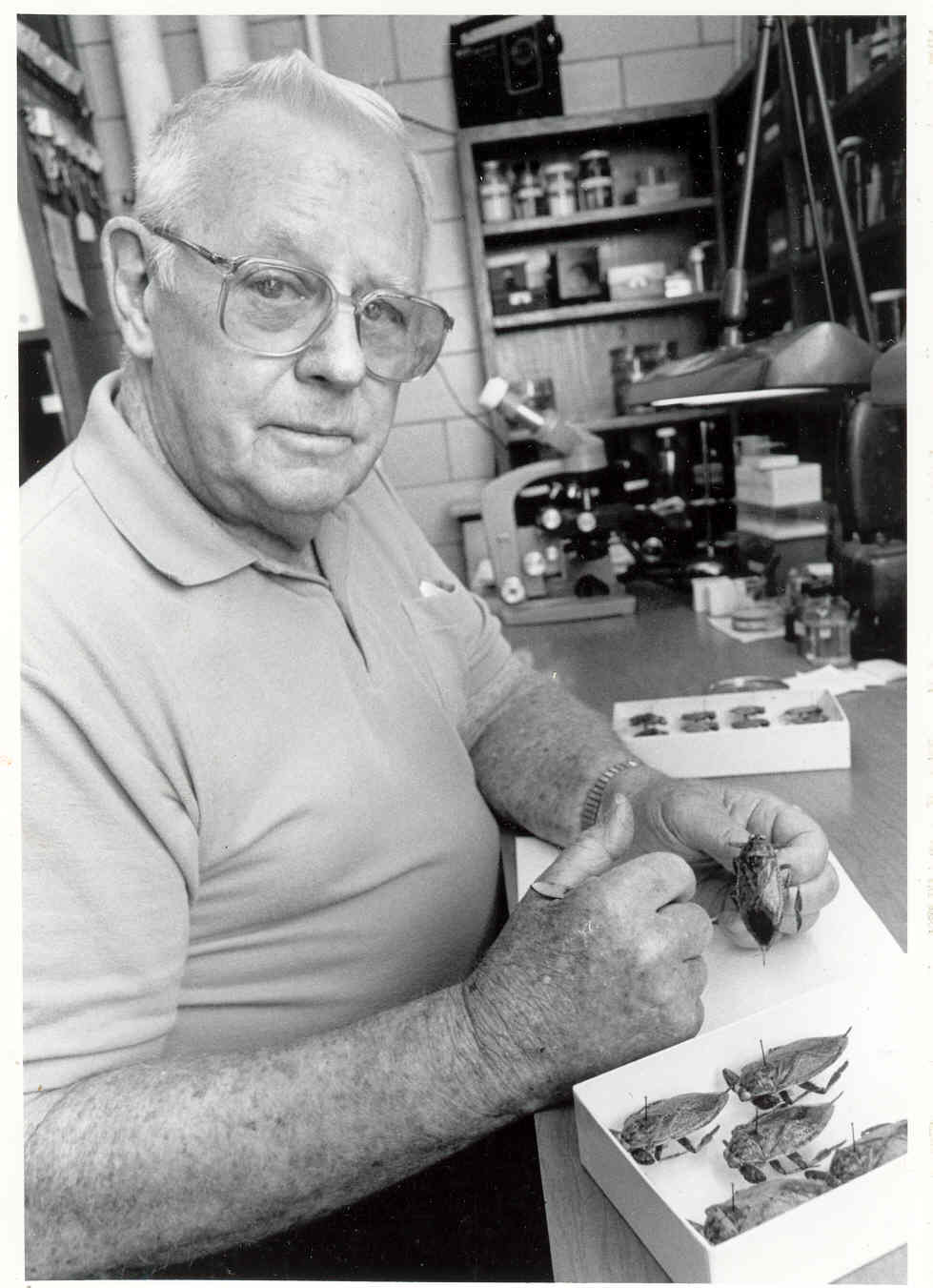
Rev. C. V. Reichart, O.P.
Fr. Reichart was Providence College’s greatest entomologist.
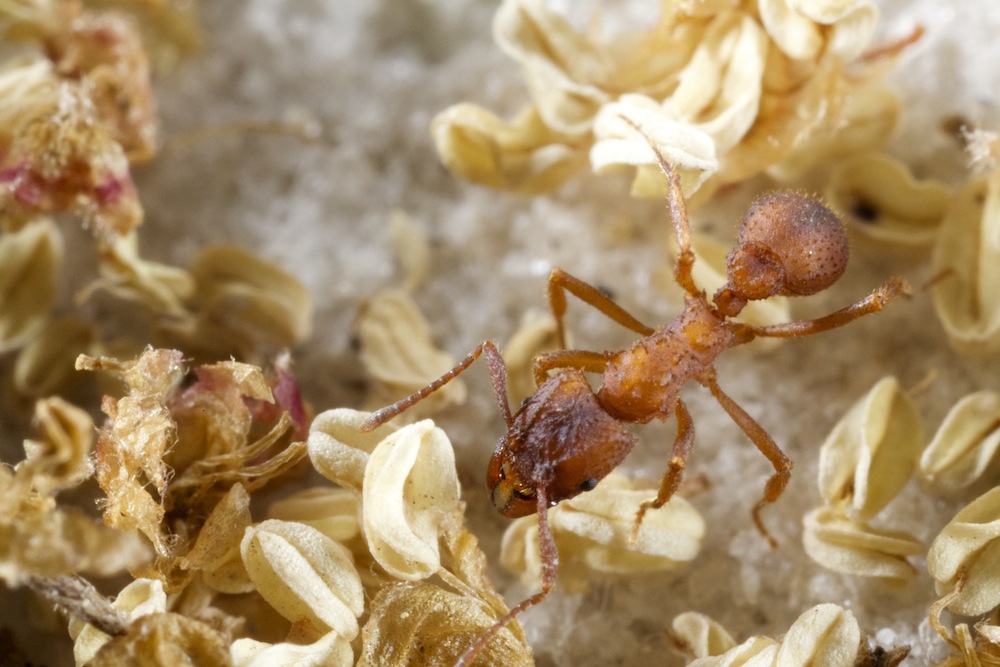
Trachymyrmex
Fungus tending ants in New England?
Mammalian Heart Rates
Plotting lifespan and heart beats.
Thermolimit respirometry analysis steps
Sample script for analyzing thermolimit respirometry data.
Interactive ggplot allometry with plotly in R
Plotting metabolic rate scaling data in an interactive way.
Respirometry notes 3/20/2021
Notes on setting up to do thermolimit respirometry.
Allometry with R and ggplot2
A simple guide to plotting a metabolic allometry figure with example scaling data and R code.

In memoriam
Remembering the lives of dearly missed scientists and colleagues.
